Polling reforms: ECP likely to introduce electronic voting in by-polls
Electronic voting machines to be tried at specific polling stations to test feasibility.
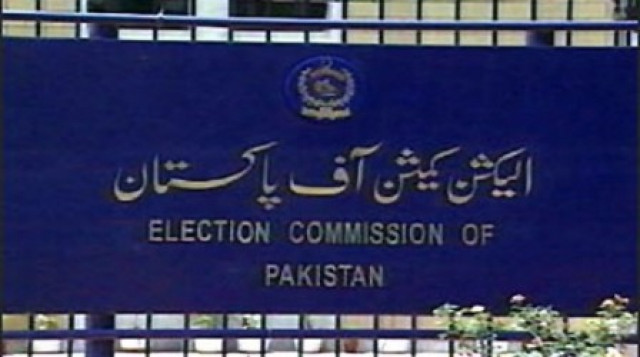
The Election Commission of Pakistan (ECP) is considering the introduction of electronic voting machines (EVMs) on a limited scale for the upcoming by-polls.
The commission, under its reforms programme, is planning to introduce these machines in parallel with the manual voting method at certain polling stations in any of the four by-polls for provincial assembly seats, an official of the ECP told The Express Tribune.
The commission, last year, invited both local and foreign companies for a demonstration of these machines. Subsequently, machines made by COMSETS, NUST, KRL and a Spanish company were considered the most cost effective and suitable for Pakistan.
The official said the initial idea was to hold some by-polls in one or two constituencies through EVMs as a pilot project but the new acting chief election commissioner (CEC) Justice Shakirullah Jan had opposed the idea considering the literacy rate in the country. The acting CEC directed that electronic voting be conducted at a few specific polling stations of a constituency rather than the entire constituency.
The commission has announced by-polls in Sindh Assembly seat PS-52 Tando Muhammad Khan and Punjab Assembly seat PP-194 Multan on April 26, while by-elections in two more Punjab Assembly seats, PP-243 DG Khan and PP-245 DG Khan will be held on May 7. These two seats fell vacant after two Punjab Assembly members Sardar Zulfiqar Ali Khan Khosa and Muhammad Mohsin Khan Leghari, were elected as Senators earlier this month.
Sindh Assembly seat PS-52 remained vacant due to the disqualification of Pakistan Peoples Party candidate Waheeda Shah.
PP-194 Multan fell vacant due to the resignation of Shahid Mehmood Khan after he joined Imran Khan’s Pakistan Tehreek-e-Insaf.
According to the new plan, it is likely that voting will be conducted through electronic and manual voting at these selected stations and ECP’s technical staff will remain present during the voting process at the venue to assist voters.
Currently, an average 7-8% among the total votes polled are rejected since the voters cannot follow the proper stamping procedure.
In light of this high rejection rate of polled votes, the voters’ ability to operate the EVMs would be the technology’s real test.
When asked which company’s machine would be used in the proposed pilot project, the ECP official said that no final decision has been taken so far. It is likely, however, that a few or all of these companies may be asked to provide their machines and the ECP could test which one among them was more convenient for voters of areas that are among the most remote and least developed regions of the country.
Published in The Express Tribune, March 30th, 2012.


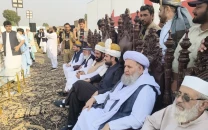
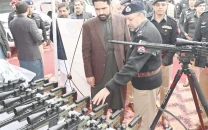
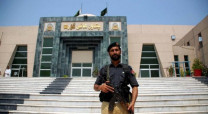

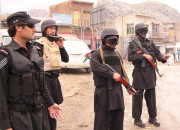












COMMENTS
Comments are moderated and generally will be posted if they are on-topic and not abusive.
For more information, please see our Comments FAQ